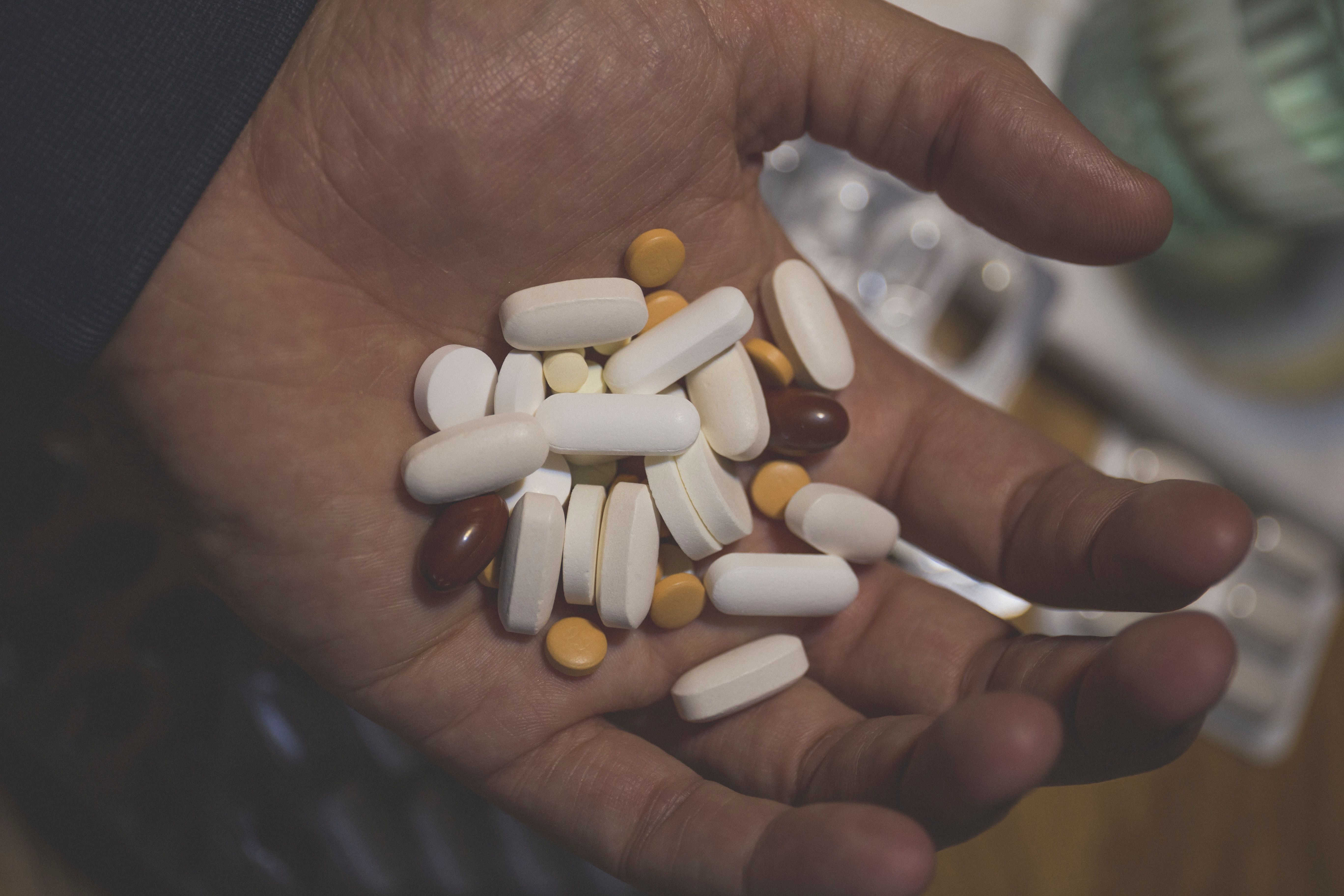Article
Fecal Microbiota Transplantation Effective for IBD Patients with Refractory CDI
Author(s):
Patients with IBD have an increased risk of developing a C difficile infection in comparison to the general population.

Fecal microbiota transplantation (FMT) is a viable option for inflammatory bowel disease (IBD) patients with a Clostridioides difficile infections (CDI) coinfection, according to new data.
A team, led by Erwin Van Lingen, Department of Gastroenterology and Hepatology, LUMC, identified the treatment course and efficacy of fecal microbiota treatment using data from the Netherlands Donor Faeces Bank (NDFB) in a cohort of IBD patients with refractory CDI.
The data was presented during the 16th Congress of European Crohn's and Colitis Organisation (ECCO).
Fecal Microbiota Transplantation is a relatively new treatment approach for refractory C difficile infections. For patients with inflammatory bowel disease there is an increased risk of co-infection with CDI than there is for the general population because of the use of immunosuppressive medications and the dysbiosis of the bacteria in the colon.
NDFB
The aim of the NDFB is to facilitate FMT by providing ready to use donor feces suppressions for the treatment of patients with rCDI in hospitals throughout the Netherlands. A working group of specialists in the fields of medical microbiology, gastroenterology, and infectious diseases evaluates a request for FMT to assess the indication of FMT and formulate a treatment plan for each individual patient.
The plan generally considers the individual’s comorbidities. Prior to receiving FMT therapy, each patient was pre-treated with vancomycin 250 mg for at least 4 days, as well as bowel lavage.
For ulcerative colitis patients, prednisone was added when there was a simultaneous IBD flare.
The results of fecal microbiota transplantation was monitored by prospective collection of outcome data by the NDFB.
Results
There was 186 FMT requests to treat 176 rCDI patients between March 2016 and August 2019, including 26 patients with rCDI and IBD. In addition, 129 individuals, including 14 who suffered IBD, were treated with 143 FMTs for CDI with a cure rate of 89.9% after a single FMT (n = 116).
However, FMT was not suitable for 12 of the 26 IBD patients because these patients had C difficile carriership rather than an active CDI infection.
Also, 14 IBD patients were treated with FMT—9 with ulcerative colitis, 2 with Crohn’s disease, and 2 with indeterminate colitis. Three patients suffered from rCDI with an active episode of IBD, while 1 patient developed a relapse of a CDI infection within 2 months (total cure rate 92%). The cure rate did not differ from CDI patients without IBD.
“In IBD patients with rCDI, FMT is equally effective compared with other patients with rCDI,” the authors wrote. “In case of concurrent activity of IBD, pre-treatment with prednisolone in combination with vancomycin appears to be effective.”
The study, “Faecal microbiota transplantation as treatment for recurrent Clostridiodes difficile infection in patients with inflammatory bowel disease: Experiences of the Netherlands donor faeces bank,” was published online by the European Crohn’s and Colitis Organisation.





